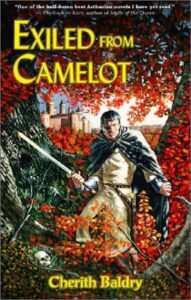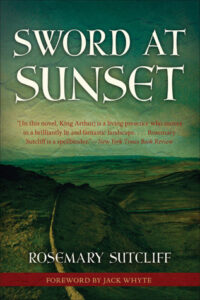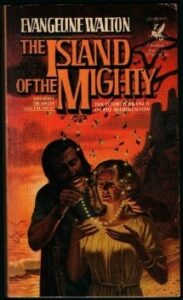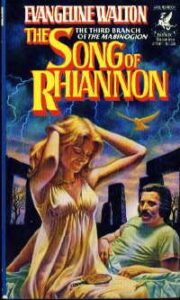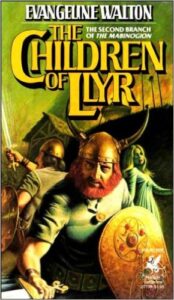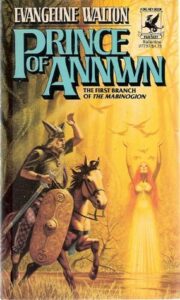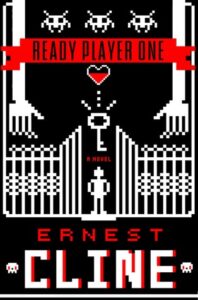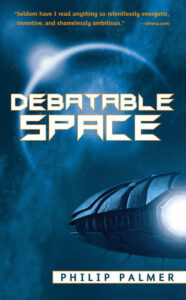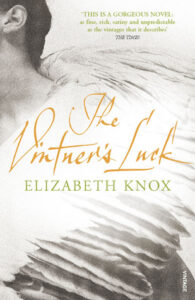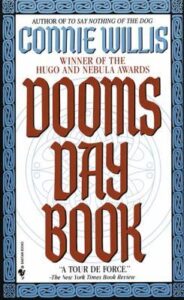 Doomsday Book, Connie Willis
Doomsday Book, Connie Willis
Originally reviewed 11th February, 2011
It took me quite a while to read Doomsday Book. I was intrigued to find it was about Kivrin, who was mentioned in ‘Fire Watch’, but it took so, so long to get off the ground. I figured most things out ages before any of the characters did. Following sick protagonists really is no fun at all, and it’s frustrating for the same conversations to be repeated over and over again — “Where is Basingame?” (who never appears), “Did you get the fix?”, “I must speak to Gawyn”… The parts in which Kivrin’s recordings were recounted were also annoying, given that they simply repeated the action, without giving much more information.
The last thirty percent of the book, though, is pretty good. I’m not sure I’m glad I persevered, because I was seriously being bored to death, but once Kivrin’s story really got into its swing — and I don’t think that happened until nearly the end — the sense of tension and horror was catching me by the heart, and the exchanges between Father Roche and Kivrin at the end of the book made me want to cry. Some of Kivrin’s part had real power — her outburst on the corder, for example, when she swears that she won’t let the others die.
One thing that amused/bothered me in equal measure was the inclusion of a character called Gawyn, with a horse called Gringolet, who bragged and was in love, “courtly love”, with his lord’s wife. Pity that I can’t think of a story where Gawain actually commits adultery, and that Lancelot or Tristan would have been a far more appropriate reference.
I’m going to try reading more of Connie Willis’ books — To Say Nothing of the Dog looks to be next — but I’m not going to stick with them all the way through if they have the same pitfalls as this book.

